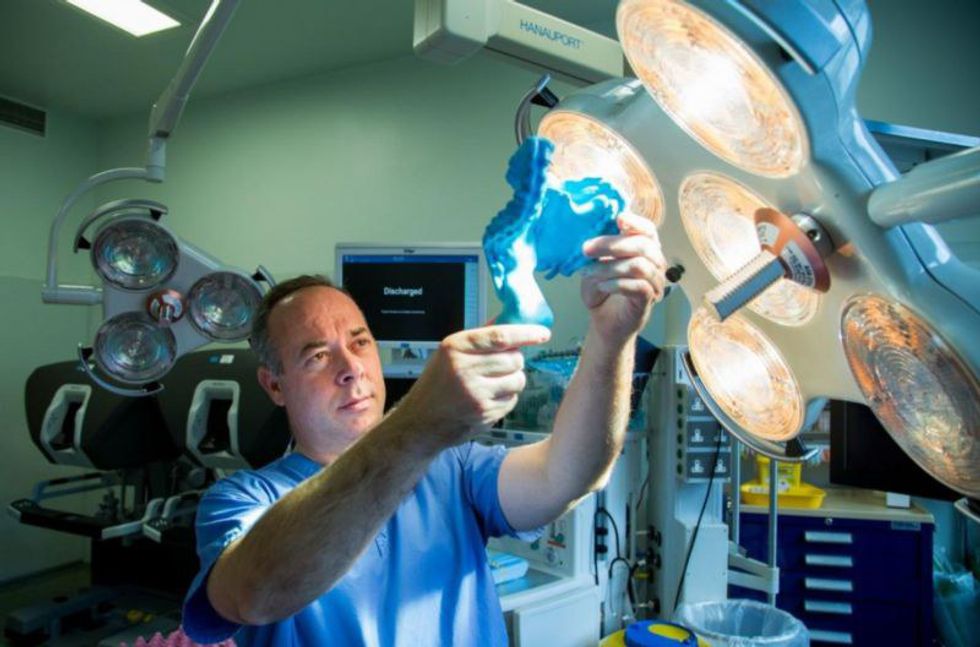In November of this year, Dr. J. Calvin Coffey published a research study in The Lancet of Gastroenterology and Hepatology that would significantly change how we look at the human body. As a result of his study, a new organ, the 79th organ to be identified in the human body, became internationally recognized. The Mesentery, as it's known as, is a part of the digestive system, related closely to the intestines, stomach and other digestive organs.
Despite the fact that it is just now being recognized as an official human organ by the medical community, knowledge of this part of the body has been widespread for centuries. In fact, even Leonardo DeVinci made notes of its structure in his drawings of the human body.
But, up until now, we were missing one key element to unlocking the secrets of this mysterious organ. Prior to Coffey's paper, the Mesentery was not a clearly recognized, or complete, system. Doctors and scientists had noticed it in portions of the small intestine and around other areas, but had not been able to distinguish it as its own entity. It was Coffey who noticed that instead of just being present in other known organs, the Mesentery was its own complete, connective membrane.
Its primary function, as Dr. Coffey states in his research, is connected to the intestines of the abdominal wall. Without this tissue, your intestines would move freely within the body, which, without a doubt, would cause some serious issues. The doctors behind the mesentery study have suggested that this connective, stabilizing organ may have contributed to the upright stance of early humans.
All this being said, there is still much more to learn about the mesentery, its function, and its contribution to the body as a whole. Dr. Coffey has stated both in the paper itself and during interviews that there is much more research that needs to be done in terms of how this new organ may affect the body and contribute to current diseases. It is understood that if the mesentery were to behave abnormally, it would have serious consequences. Coffey explained this danger to the Huffington Post, stating, "When the mesentery does not attach to the abdominal wall in the manner in which it usually does, then it can twist on its blood supply...This causes the blood supply to stop, and the intestine undergoes necrosis or dies. This is incompatible with life.”
Understanding that this abnormality could be life-threatening opens up new doors in our understanding of certain digestive diseases, our entire digestive system, and possible conditions that we previously were not able to identify. This discovery is a huge step for the medical and scientific communities and reminds us just how much we still have to learn. Hopefully in the near future we will see even more research done on this fascinating new organ.





















